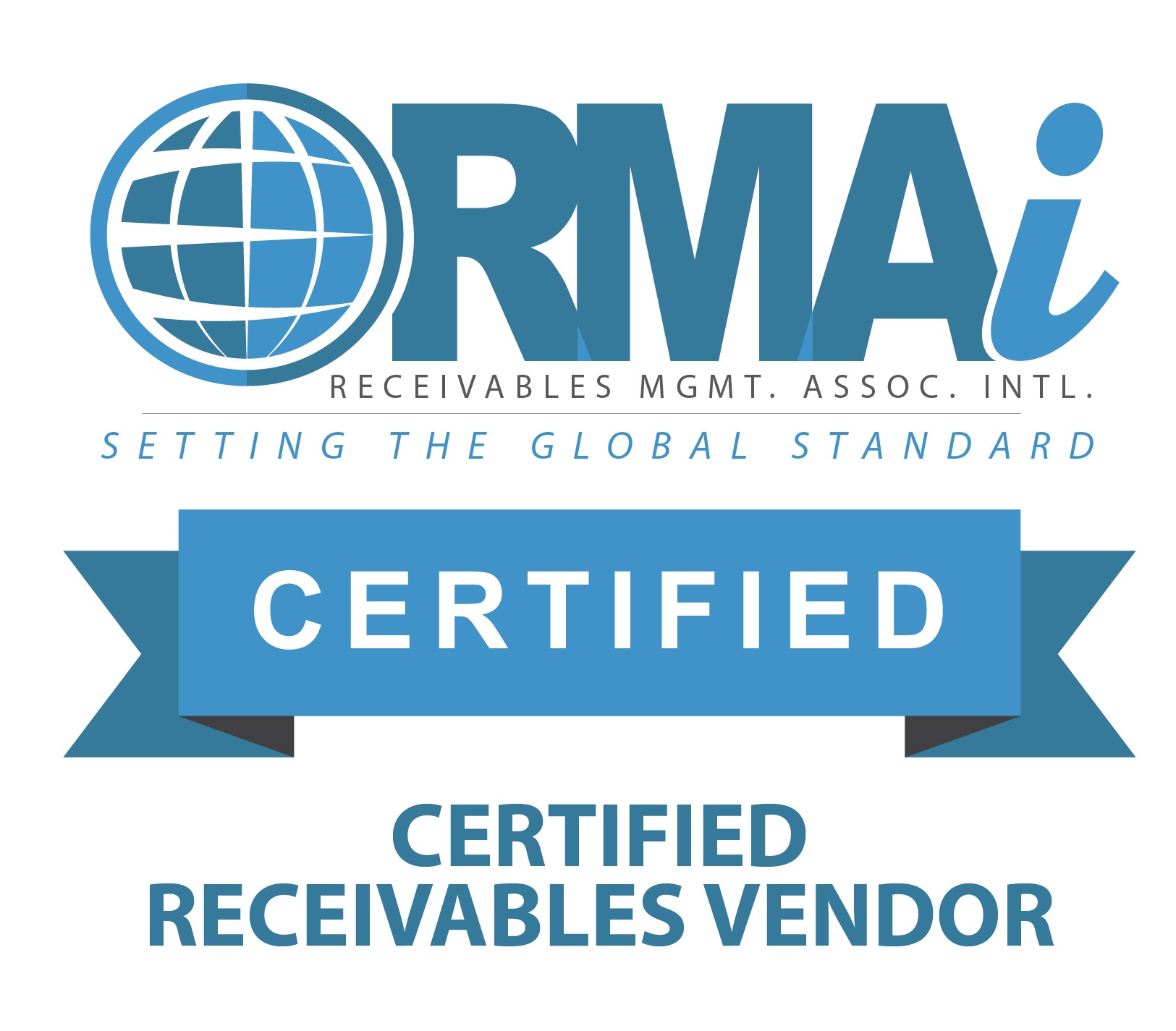View Sale Announcement Detail


Archived news
In finance, every move of the Federal Reserve holds significant weight. This makes the recent developments in inflation and interest rates a beacon of hope to financial institutions.
The financial markets have been closely monitoring inflation data in recent months, and the July figures brought some intriguing insights. They reveal a notable slowdown, setting the stage for a potential shift in the Federal Reserve's approach to interest rates.
Join us as we explore these recent shifts, their implications, and how they affect your institution's financial strategies.

As we enter the last quarter of the year, there's a palpable shift in the financial landscape. The latest data on inflation, released by the Labor Department, paints a picture of moderation.
The consumer-price index (a measure of the prices of goods and services across the economy) in July grew by a mere 0.2% - the same modest increase observed in June. Even core prices, excluding the volatile food and energy categories, recorded the same 0.2% rise in both months. This foreshadows a slowdown in price pressures.
While still elevated at 3.2% in July, annual inflation showed signs of stabilizing, up from 3% in June. However, when we focus on core inflation, which the Federal Reserve considers a better predictor of future inflation, it tells a more encouraging story. Annual core inflation tipped to 4.7% in July from June's 4.8%. In response, the benchmark 10-year U.S. Treasury yield also recorded a minor uptick to 4.081%.
This data is encouraging and adds weight to the argument for a pause in interest rate hikes. However, economists widely anticipate that the annual inflation rate won't decrease further this year. This is because the pickup in annual inflation is influenced by comparisons to the same period in 2022, which was a turbulent year in economic terms.
Nonetheless, the recent numbers are a breath of fresh air.
Financial executives like you must understand that the Federal Reserve closely monitors core inflation. This is because of two things:
In the wake of these developments, some Federal Reserve officials have started expressing caution regarding the need for further interest rate increases. Philadelphia Fed President Patrick Harker and Boston Fed President Susan Collins are among those voicing the need to pause rate hikes.
The central bank has raised rates at 11 of the past 12 meetings. They currently stand between 5.25% and 5.5%, marking a 22-year high. Previously, in June, most officials projected that rates would rise to a range between 5.5% and 5.75% this year. However, the noticeable slowdown in inflation over the past two months has prompted a reassessment of this outlook.
"I believe we may be at the point where we can be patient and hold rates steady," said Harker. This sentiment indicates that the current monetary policy may be sufficiently restrictive in the changing economic landscape.
Still, it's important to recognize that the decision to pause isn't unanimous within the Federal Reserve. While some officials believe it's time to exercise patience, others argue that the economic playing field is still unpredictable.
Recent data show signs of a potential soft landing for inflation without a sharp rise in unemployment and hints of economic reacceleration. Both of these could keep inflation elevated.

To better understand the current inflation scenario, we must examine the factors contributing to it:
These factors collectively show the dynamic nature of inflationary pressures, influenced by various economic forces.
For those closely watching the financial markets, the Federal Reserve's potential pause in interest rate hikes carries significant implications. Fixed-rate assets could become more attractive to investors, instigating senior executives in the financial industry to reconsider their investment strategies, favoring more stable and predictable returns.
Loan sale activity is also likely to see an increase. As interest rates moderate, borrowers may find it more appealing to explore loan options, potentially driving higher loan origination and sale volumes. Institutions originating and selling loans, such as banks, credit unions, and specialty finance companies, will witness an uptick in activity.

The evolving dynamics of inflation and the Federal Reserve's response hold significant implications for the financial industry. As inflation shows signs of moderation and key Federal Reserve officials consider a pause in interest rate hikes, fixed-rate assets may become more attractive, and loan sale activity is poised to increase.
Senior executives in this highly regulated industry should stay informed and prepare to adapt to these changes.
At Garnet Capital, we are committed to providing you with insights and expertise to navigate these changes effectively. Our three decades of experience in brokering loan portfolios make us a trusted partner. Our team of experts understands the nuances of this industry and is dedicated to helping you make informed decisions that drive success.
Check out our website for more updates and insights as we continue to explore critical topics affecting the financial landscape.







